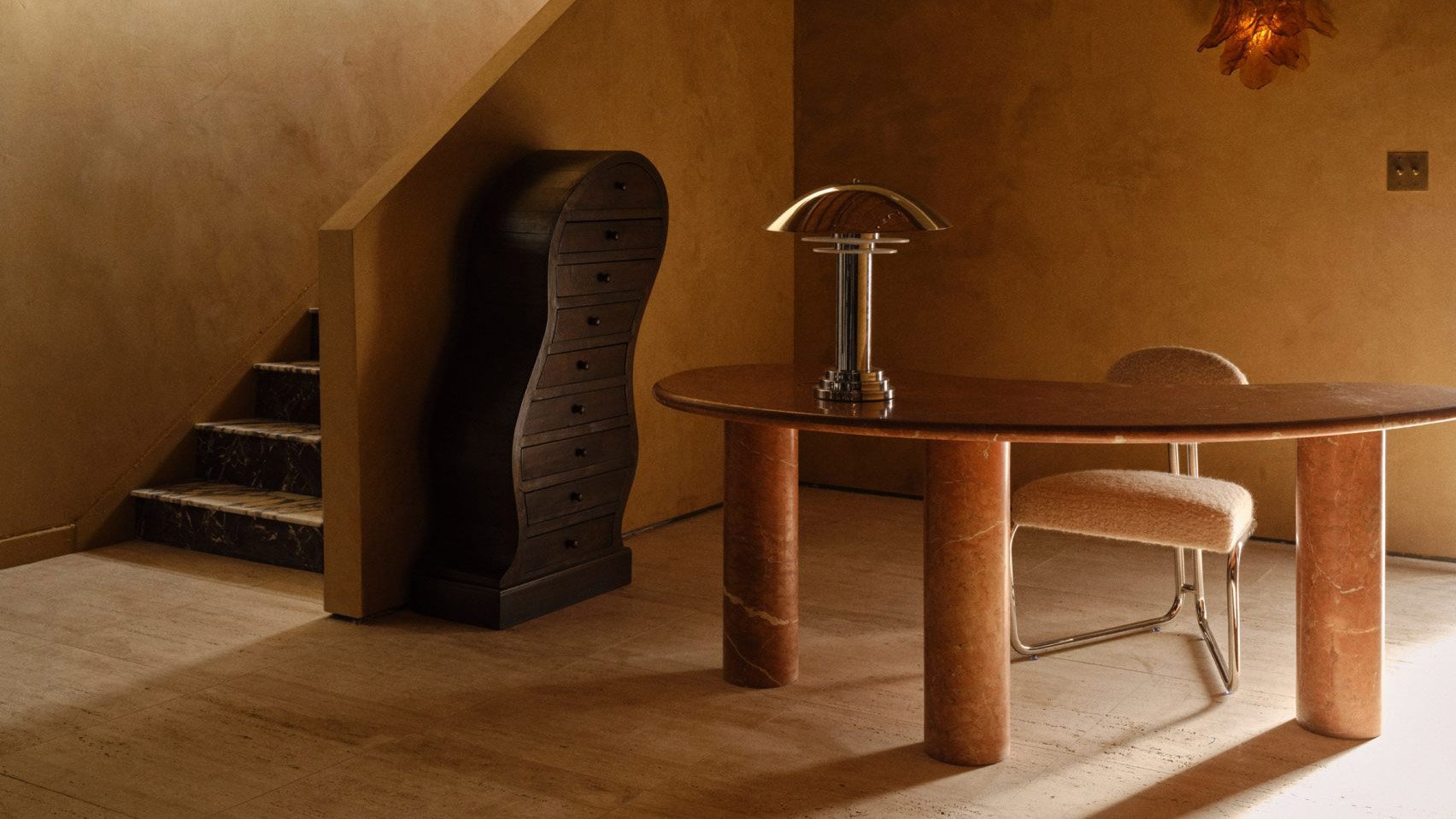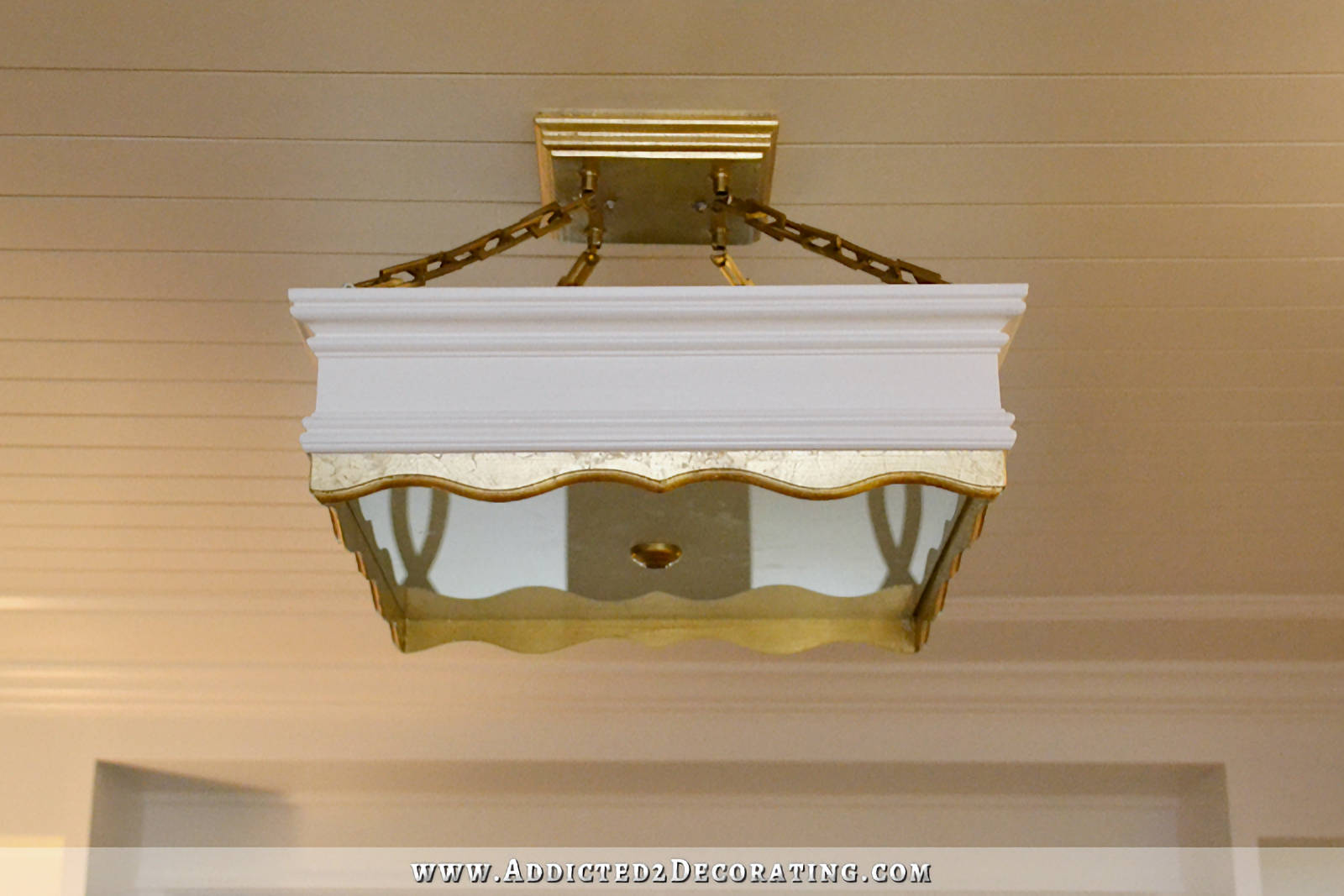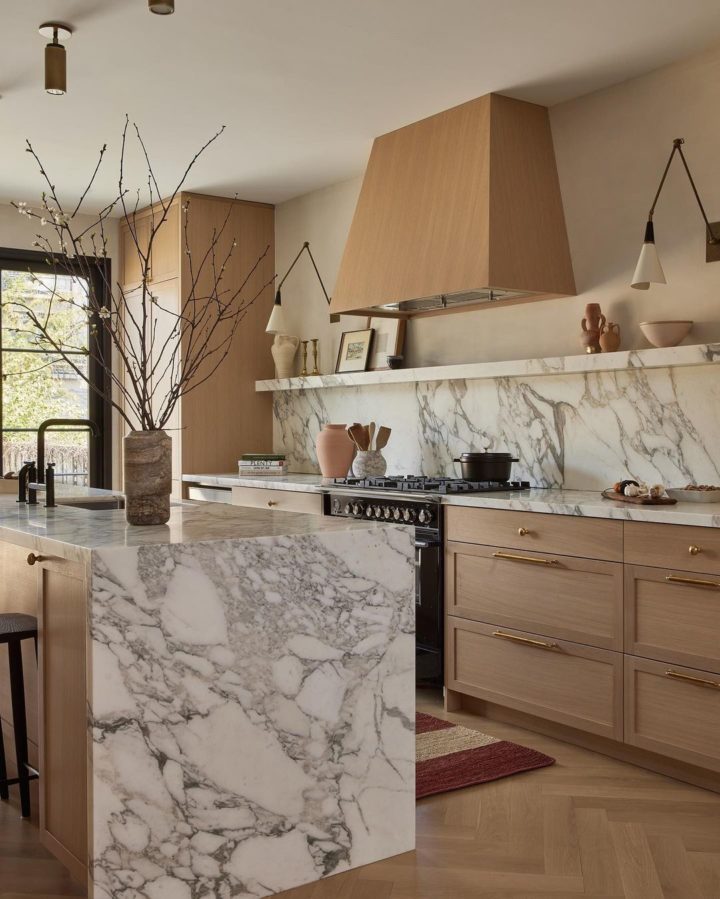
A countertop is highly essential not only for its aesthetic value but also for its functionality. It is the most integral part of your kitchen where creativity meets productivity. When you have a beautifully crafted countertop made out of excellent material, enhancing your productivity and satisfying your family’s appetite will be extremely easy. It is the most important step that you can take in order to make your family feel full, happy, and content.
In terms of choosing the perfect material for a countertop, there’s no doubt that natural stone is always on top of any homeowner’s options, and for all the good reasons. The classic beauty of a natural stone countertop can make your kitchen space appear unique, comfortable, and inviting. If you’re in love with the beauty of natural stone but are still doubtful about whether or not it will work in your kitchen, there here are the pros and cons of choosing this material for your countertop that will help weigh down your options.
The Pros of Natural Stone Countertops
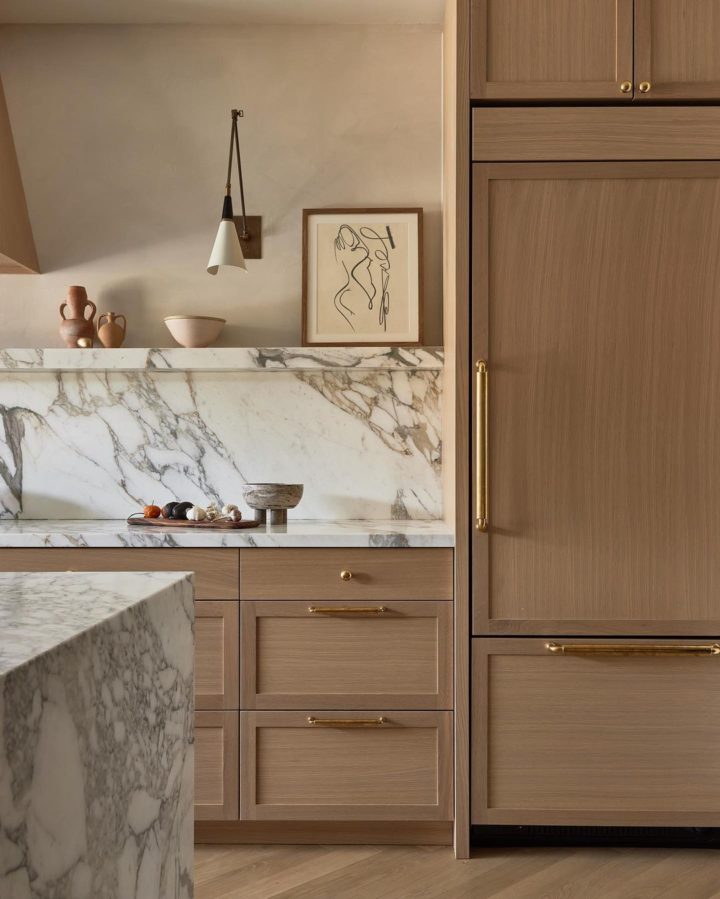
Images: SHAUNA WALTON DESIGN
The Pros of choosing natural stone countertops
Natural stone is the most versatile material that you can find for it comes in several colors and patterns that can perfectly match your desired style.
Every piece of natural stone is an artwork made by nature and whether you’re aiming for simplicity or luxury, there is a natural stone that can deliver your desired kitchen aesthetics.
Natural stone as a countertop is both heat-resistant and scratch-resistant. It can also resist moisture a lot longer compared to other materials available on the market.
Natural stone as a countertop will not require a lot of effort when it comes to cleaning and maintenance for it can be easily wiped down with a soft cloth, mild soap, and warm water.
Natural stone as a countertop offers a great value for your money and investment by increasing your property’s resale value which can work to your advantage, especially if you’re considering selling your home in the future.

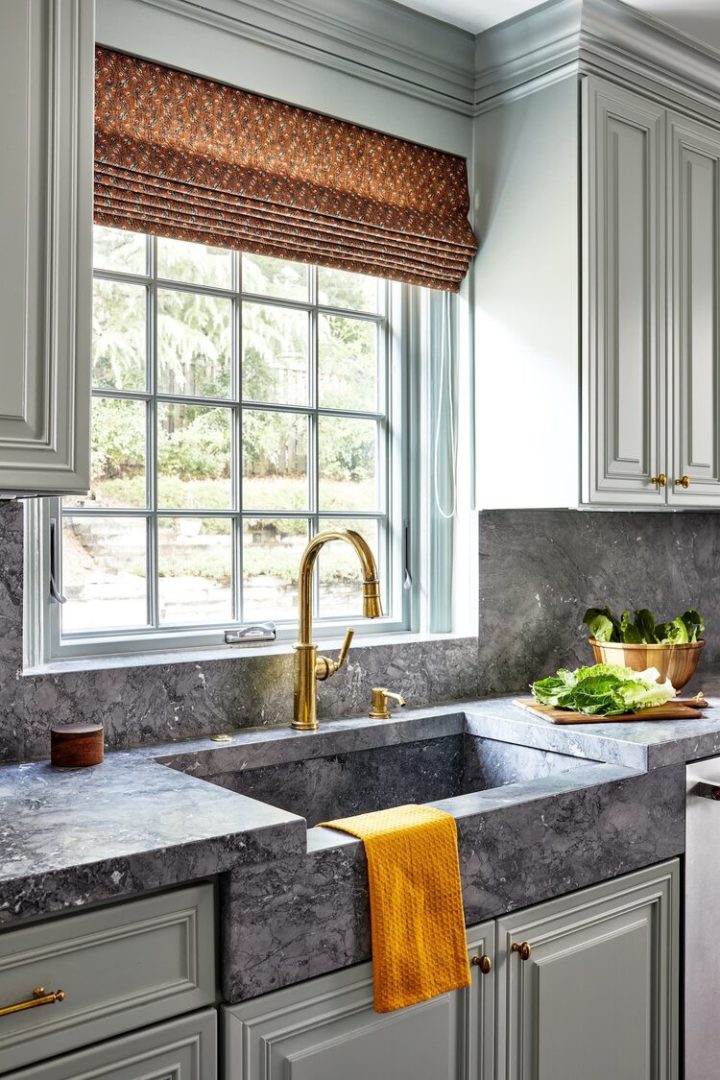

Images: Zoë Feldman

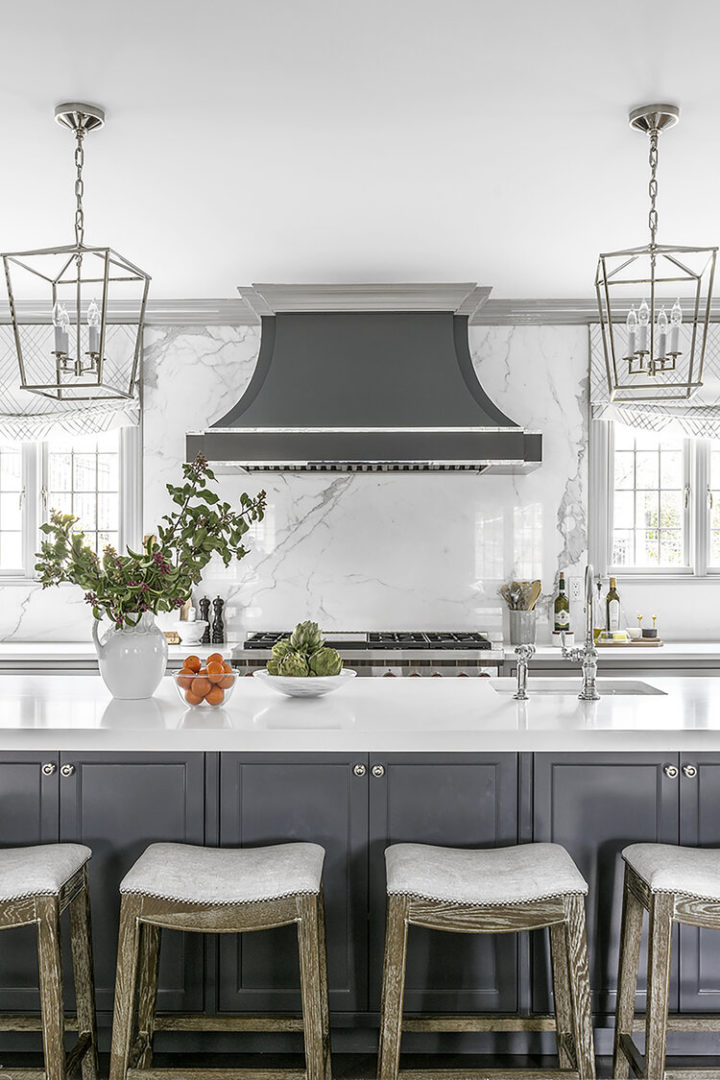
Images: Rajni Alex Design
The Cons of Natural Stone Countertops
Here are the disadvantages of choosing natural stone countertops:
If you’re aiming for uniformity in color and striations, then a natural stone countertop will not work for you because non-uniformity and uniqueness are what this material is all about.
The water-proof nature of the natural stone makes it prone to staining especially when spilled with coffee or other acids that can lead to discoloration and stain over time.
The porous nature of natural stone easily allows liquid or air to pass through its holes and minute spaces which requires you to re-seal your countertop every 6 to 12 months.
How To Clean And Care For Marble Countertops And Floors
Since natural stones are naturally heavy, you might be required to reinforce your floor structure prior to installation.
Natural stone is not always expensive but it can be a pricey option depending on the stone’s rarity and origin.
Conclusion
When deciding between natural stone and other materials for your countertop, the decision will ultimately rely on your budget, personal preference, and needs. By taking into consideration the pros and cons listed above, you’ll be able to weigh down your options and create a space that you’ve always wanted for your kitchen.
Related







